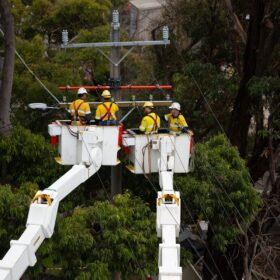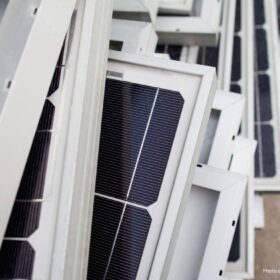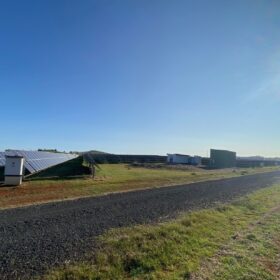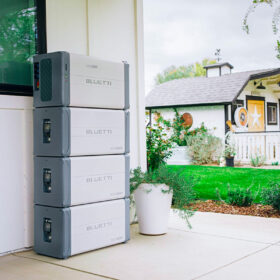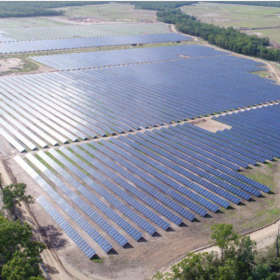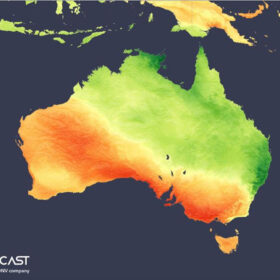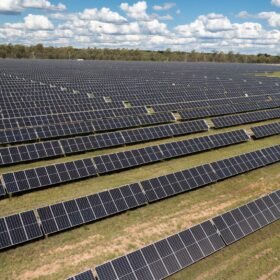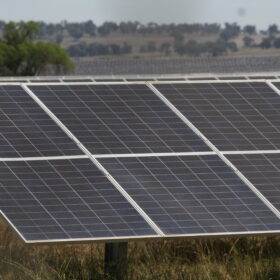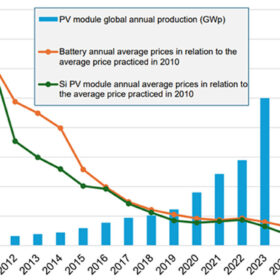Building workforce crucial for clean energy future
Australia’s energy system is changing. While there’s been a lot of talk about the size and scale of the task before us, there’s been little conversation about who – in a very practical sense – will build the energy system of the future.
Solar panel recycling plan urges repair, reuse first
Australia’s rooftop solar industry has renewed calls for a mandatory recycling scheme to deal with the growing problem of solar panel waste. Only about 10% of panels are currently recycled. The rest are stockpiled, sent overseas or dumped in landfill.
North-south switcheroo as solar conditions swing opposite directions over autumn 2025
Autumn has fast emerged as a volatile and uncertain time in the National Electricity Market as unpredictable weather patterns often deliver a mixed bag of renewable energy outcomes. As the energy transition trundles on, this seasonal variability is likely to remain a defining feature.
US climate policy shift promises benefits for Australian renewables
United States President Donald Trump is trying to unravel the signature climate policy of his predecessor Joe Biden, the Inflation Reduction Act, as part of a sweeping bid to dismantle the country’s climate ambition.
System architecture defining brand success in booming battery retrofit market
Australia’s battery market is booming — but not all system architectures are equally positioned to benefit.
Wins worth celebrating for Australia’s climate progress
While the discussion around Australia’s climate progress is typically hung in a frame of panic or hurried pessimism, encouraging new data shows that the country has seen some significant progress and is taking some long strides in its green energy transition.
High pressure ridge splits Australia’s solar output in Autumn
Solcast, a DNV company, reports that irradiance across large portions of eastern Australia fell by up to 20% below the seasonal norm in autumn.
Queensland government is cancelling renewable energy projects. Can the state still reach net zero?
On the surface, Queensland’s new government is doing exactly what it pledged before winning office in October – repealing the state’s ambitious renewable energy targets and cancelling a huge pumped hydro project near Mackay.
Solar puts Australia in fast lane to 100% renewables
A massive increase in solar power generation capacity is already putting Australia on the fast track to a 100% renewable energy future.
Falling Li-ion battery prices mirror solar photovoltaics trends: Is there a role for second-life batteries before recycling?
Lithium-ion batteries are everywhere, powering everything from consumer electronics to electric vehicles, residential PV storage systems, and, more recently, mitigating curtailment in large-scale wind and solar power plants. EVs are driving large-scale demand for Li-ion batteries which will result in substantial volumes of spent batteries in the near future.
